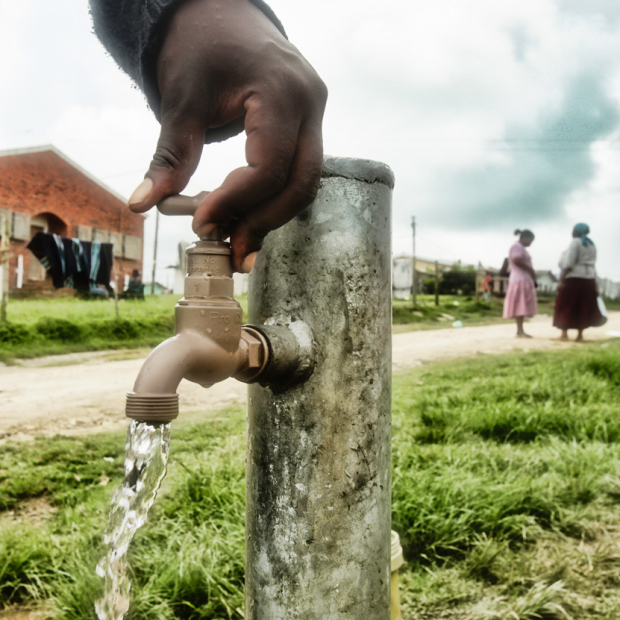

Analysis of National Climate Targets in the Country Lending Programs of the World Bank Group
With the merging of the international climate and development agendas, increased focus is placed on how financing can be used to lift people out of poverty while also contributing to international and national climate goals. German Development Cooperation (GIZ) contracted EBP to conduct a study that would help to determine the extent to which the World Bank Group’s lending programs align with national climate targets.
In a study for the German Development Cooperation (GIZ), EBP analysed the Country Partnership Frameworks (CPFs) of the World Bank Group (WBG) in a select group of countries. The goal of the analysis was to determine the degree to which the CPFs are aligned with national climate targets (NDCs). EBP evaluated the selected countries’ NDCs and CPFs and provided recommendations for further aligning the climate and development agendas within WBG financing programs.
Merging the Climate and Development Agendas
The WBG uses CPFs to communicate its focal areas for support over a four- to five-year period in each of the countries where it operates. CPFs are, therefore, important documents for determining investment flows from its lending institutions, which include the International Finance Corporation (IFC), International Bank for Reconstruction and Development (IBRD), International Development Association (IDA) und die Multilateral investment Guarantee Agency (MIGA). CPFs are not climate-specific, but rather identify all investment priorities of the national governments, which are also areas of comparative advantage for WBG support.
By comparing national climate targets with the CPFs, EBP was able to gain insights about the extent to which the development and climate agendas are merging within the WBG’s credit programs. The analysis follows international agreements in 2015, which resulted in the Sustainable Development Goals (SDGs) and the Paris Agreement on Climate Change, and which sent a clear message that the climate and development agendas are inextricably linked. Efforts to lift people out of poverty must follow low-carbon pathways, and decisions about reducing climate change impacts must protect and promote development progress.
Nationally Determined Contributions
Key elements of the Paris Agreement on Climate Change are the Nationally Determined Contributions (NDCs), which outline what each country plans to do to reduce emissions and adapt. The NDCs provide international donors and financial institutions important information about a country’s climate action priorities and needs for support. Many countries have turned their focus towards developing strategies for financing their NDCs.
Results
The EBP study, including its recommendations for strengthening the inclusion of climate targets in the CPFs, has been submitted to GIZ for finalization and to be forwarded to the WBG. Once the study has been published, it will be made available on the EBP website.









